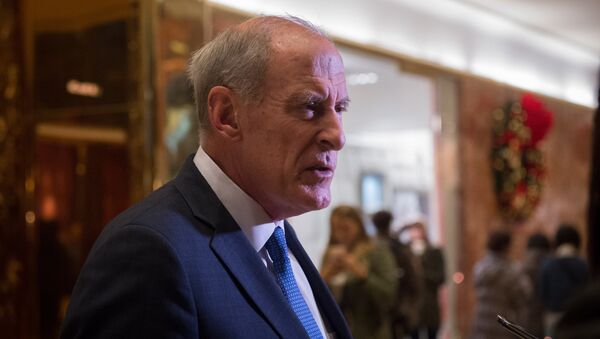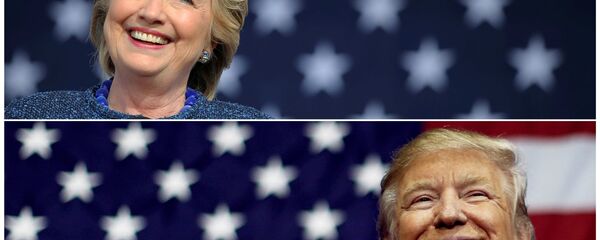Russia will seek to meddle in the US presidential election again — this time, with China, claims Dan Coats, the US Director of National Intelligence. According to the director's allegations, Russia has "learned from its operation in 2016," and will use a wider array of methods in the upcoming 2020 elections.
"We assess that foreign actors will view the 2020 US elections as an opportunity to advance their interests", Coats told the Senate intelligence committee, according to NBC News.
On Tuesday, top US national security officials testified before the US Senate Intelligence Committee naming the most significant threats to the United States domestically and internationally.
According to allegations, Russia used a mix of social media influence and old-fashioned cyberattacks in 2016 to sway the elections in favour of Donald Trump — something that both the Kremlin and Trump himself have repeatedly denied. In particular, US intelligence says Russia used social media to boost the discussion of controversial topics that exist in American society (apparently, those who adhere to this idea believe Hillary Clinton would have won if all the controversial topics were hushed up during the campaign).
Before 2016, political interference was not on the list of US intel threat assessments, but in Coats' report it was listed second behind cyberattacks.
"Russia's social media efforts will continue to focus on aggravating social and racial tensions, undermining trust in authorities, and criticizing perceived anti-Russia politicians", his written threat assessment reads. "Moscow may employ additional influence toolkits — such as spreading disinformation, conducting hack-and- leak operations, or manipulating data — in a more targeted fashion to influence US policy, actions and elections".
"China and Russia are more aligned than at any point since the mid-1950s, and the relationship is likely to strengthen in the coming year as some of their interests and threat perceptions converge, particularly regarding perceived US unilateralism and interventionism and Western promotion of democratic values and human rights", the assessment says.
Another foreign nation that could meddle in US elections might be Iran, the document states.
In another part of the statement, Coats noted that US intelligence agencies believe North Korea is unlikely to give up its nuclear weapons, which contradicts President Trump, who said in June that Pyongyang is no longer a nuclear threat, citing his talks with North Korean leader Kim Jong-un.
The intelligence director also noted that Daesh* has still not been completely defeated in the Middle East. While the terror group is "nearing" its military defeat in Iraq, it has returned to its "guerilla warfare roots", and "still commands thousands of fighters in Iraq and Syria".
*Daesh (also known as ISIS/ISIL/IS) is a terrorist group banned in Russia and many other countries.




